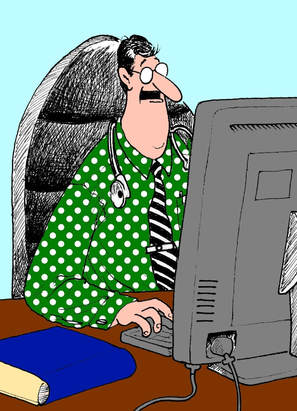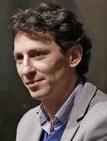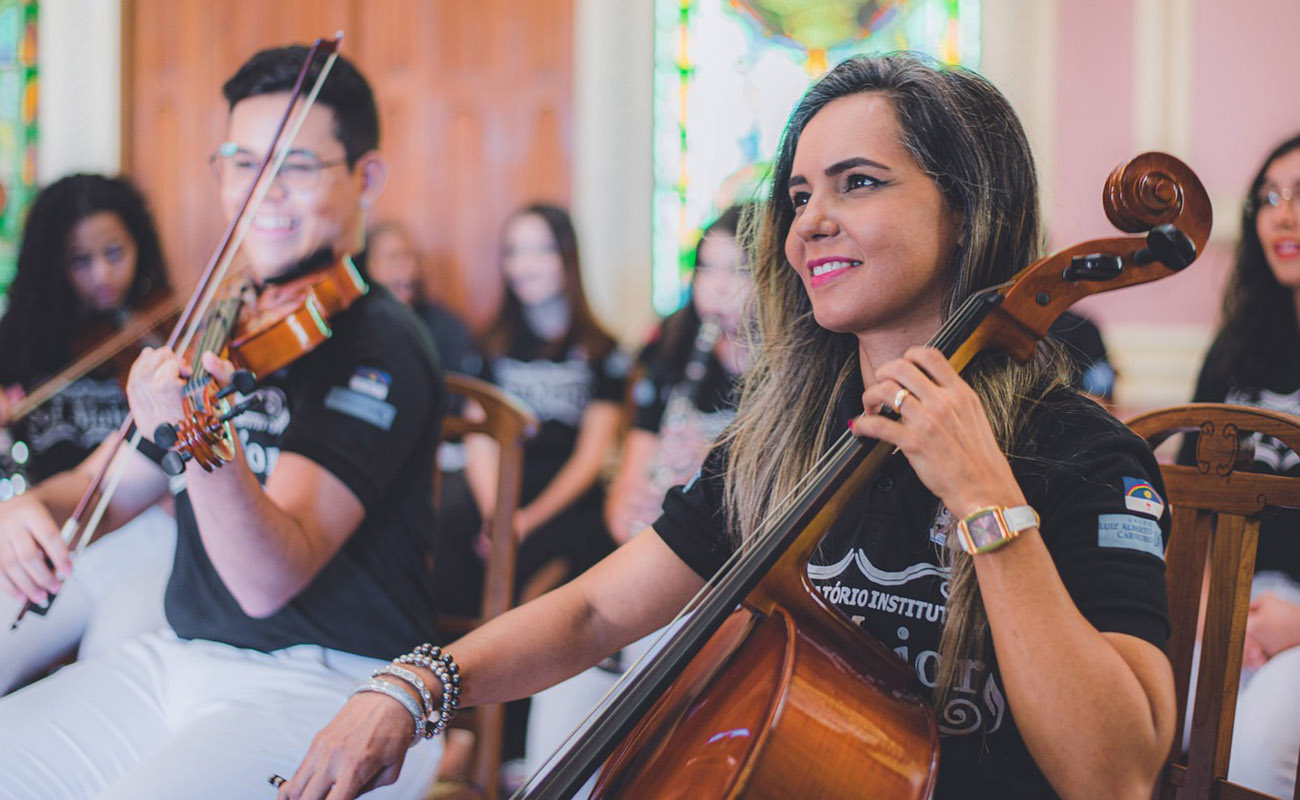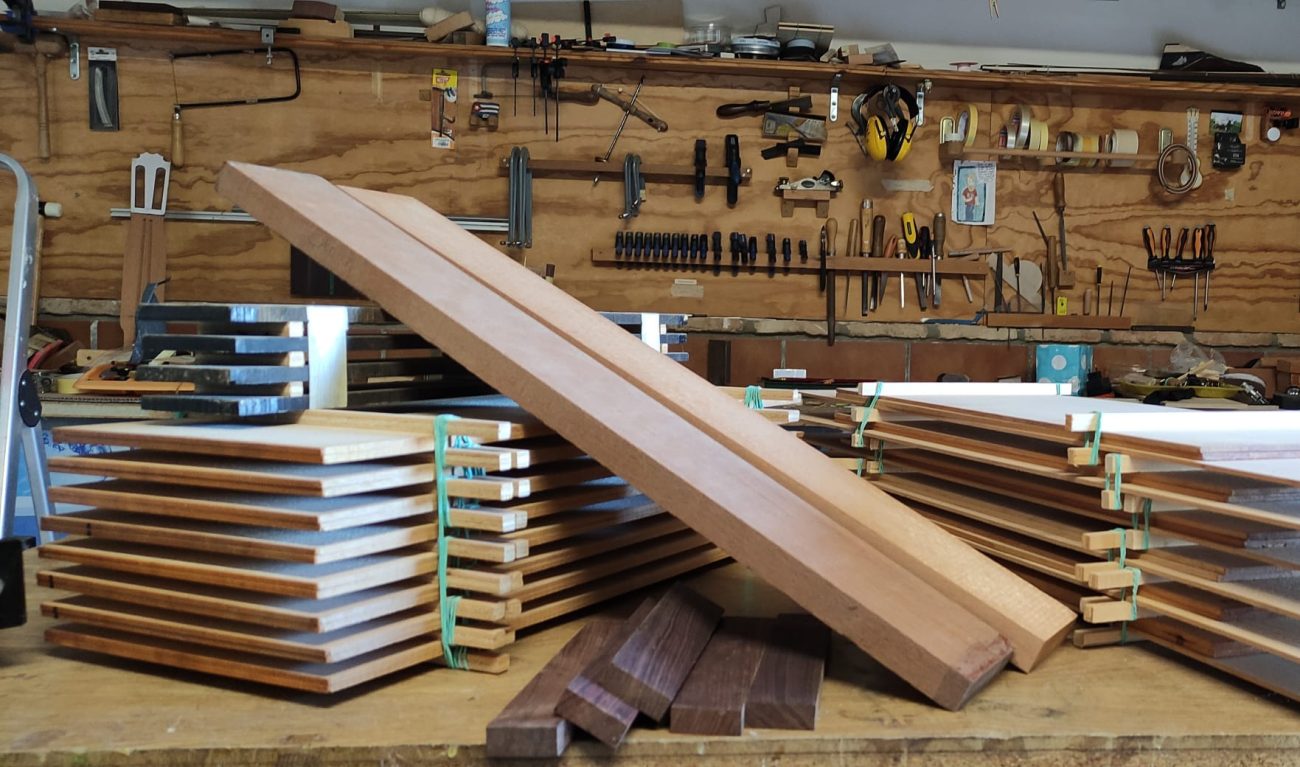On even days (I)
I’ve reached the conclusion that it’s on even days when flamencos disagree with flamenco itself.

I’ve reached the conclusion that it’s on even days when flamencos disagree with flamenco itself. We eagerly await the odd days, when this art’s bipolarity manifest itself and everything changes, everything flows, everything becomes rosy and pure and we’re all good.
Just as if it were a hormonal cycle, those of us who work in any area of flamenco, or who write about any of those areas, are exposed in one way or another to such ups and downs. It’s a healthy thing, as long as the reasonings expressing contrary views are justified and are not based on envy or shallow arguments such as “this guy doesn’t have a sense of rhythm”.
One of the worst ailments diagnosed by the flamenco experts, doctors of compás and surgeons of purity (all of them possessing a degree awarded by a newspaper, stage or tablao, which gives them the gift of self-evident wisdom) is the lack of assertiveness. That’s a term very common in Psychology which should be studied in the flamenco-medical conservatories.
I understand that an essential part of all of this, together with “assestiveness”, is the word “empathy”, otherwise it would be impossible to understand the different points of view when it comes to give our opinions about all those working in flamenco. Those opinionators are not just professional critics, not at all! Those opinionators are all of us, from the artists who are starting their careers and begin to get acquainted with flamenco’s underworld, to those who believe they’re above good or evil, either artists, critics, flamenco festival directors, influencers, etc. Because Spain (and Andalusia, by extension) is a land of opinionators, those superbly wise people with enough authority to execute and sentence their belief as facts, no allowing anyone to dispute even one comma. Among the multitude of diagnosed patients, we find all sorts of illnesses and sick people whose treatment is not to be found in any book. But they should. Let’s see.
We have the case of artists who think of themselves as the best friends of the flamenco doctor-critic. That beloved friend, whom they seek whenever they have any doubt about cante (or baile, or toque), looking for an accurate answer they can apply on stage and/or ponder carefully: “If my ‘doctor’ Martín said so, he should know!”. However, if the doctor happens to diagnose a bad day on stage (certainly on an odd day) then the hormones come back to life like a Phoenix bird, and now the ‘doctor’ not only knows nothing about medicine, he doesn’t even know how to keep a beat por tangos in the systolic-diastolic style (and that’s so easy!). Then, the second part, is when the artist pats the doctor in the back, yet has a dagger hidden in his sleeve which he uses as soon as the doctor turns around. Some say this is called “ojana”. Or an odd day.
Then there’s the opposite, the antithesis. Doctors who, without any degree awarded by the CBTU (Cante, Baile and Toque University), often are called to be an authority in journalistic neuroscience. Their greatest achievements are never saying anything bad about anyone and being condescending with everyone who climbs on a stage. They’ll enjoy great popularity, since the very artists will take care of publicizing their articles/reviews, which speak wonders about them. No one will demand those brain surgeons to know anything about compás. It’s not necessary, because they only write on even days.
Continues: On even days (II)

Antonio Conde González-Carrascosa




